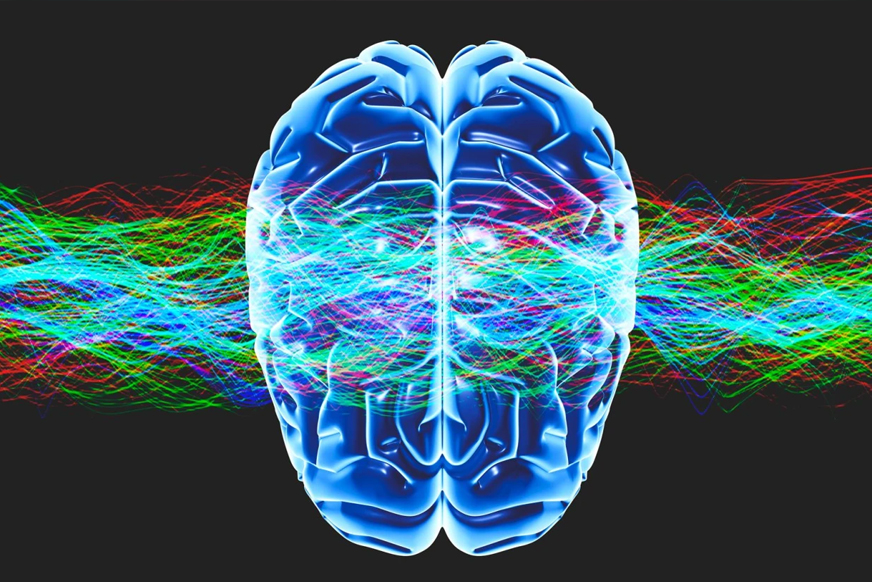As we step into the New Year, it’s an opportune time to prioritize our overall well-being, and that includes the health of our most vital organ—the brain.
Cognitive neuroscientists, who specialize in understanding the brain’s functions and processes, offer valuable insights into enhancing cognitive health.
Prioritize Quality Sleep
One of the foundational pillars of brain health is quality sleep. Cognitive neuroscientists consistently emphasize the importance of sufficient, restorative sleep.
During sleep, the brain consolidates memories, processes information, and clears toxins. Aim for 7-9 hours of uninterrupted sleep each night to support optimal cognitive function.
Nutrient-Rich Diet for Brain Fuel
Fueling your brain with the right nutrients is essential. Cognitive neuroscientists recommend a diet rich in omega-3 fatty acids, antioxidants, and vitamins.
Foods like fatty fish, leafy greens, nuts, and berries contribute to improved cognitive function and protect against age-related decline.
Stay Physically Active
Physical exercise has profound effects on brain health. Cognitive neuroscientists highlight that regular physical activity enhances blood flow, promotes neuroplasticity, and stimulates the release of neurotransmitters. Aim for a mix of aerobic exercises and strength training to keep both your body and brain in top shape.
Cognitive Challenges and Mental Stimulation
Engaging in mentally stimulating activities is like a workout for the brain. Solve puzzles, learn a new language, play musical instruments, or engage in strategic games.
Cognitive neuroscientists emphasize that such activities foster neurogenesis, the growth of new neurons, and contribute to cognitive resilience.

Manage Stress Effectively
Chronic stress can have detrimental effects on the brain. Cognitive neuroscientists recommend adopting stress-management techniques such as mindfulness, meditation, or deep-breathing exercises. These practices can help regulate stress hormones and protect the brain from the harmful impact of chronic stress.
Social Connections and Brain Health
Human beings are inherently social creatures, and social interactions play a crucial role in brain health. Cognitive neuroscientists advocate for maintaining strong social connections as they contribute to emotional well-being and cognitive resilience. Foster relationships with friends and family to create a supportive network.
Continuous Learning and Growth
Never stop learning. Cognitive neuroscientists highlight the importance of a growth mindset in maintaining cognitive health. Whether it’s acquiring new skills, taking up a hobby, or pursuing further education, continuous learning promotes neuroplasticity and keeps the brain active and adaptive.
Mindful Technology Use
While technology has its benefits, excessive screen time can impact cognitive health negatively. Cognitive neuroscientists recommend setting boundaries on screen time, taking regular breaks, and practicing digital detox. Balancing technology use contributes to better focus, attention, and overall brain health.
Hydration for Cognitive Function
Staying adequately hydrated is often overlooked but crucial for brain function. Cognitive neuroscientists emphasize the role of water in maintaining optimal cognitive performance. Dehydration can lead to difficulties in concentration, memory, and overall cognitive abilities.
Protective Measures for Brain Safety
Taking precautions to protect your brain from physical injury is essential. Cognitive neuroscientists advise wearing helmets during activities that pose a risk of head injury, such as cycling or skating. Protecting your brain physically is a proactive step in maintaining long-term cognitive health.
Regular Health Check-ups
Routine health check-ups are integral to overall well-being, including brain health. Cognitive neuroscientists emphasize the importance of monitoring cardiovascular health, managing chronic conditions, and addressing any health issues promptly. A healthy body contributes to a healthy brain.
As we embark on a new year, let’s prioritize our brain health to ensure a fulfilling and vibrant life. The insights provided by cognitive neuroscientists offer a roadmap to cultivating habits that support cognitive well-being.
By incorporating these evidence-backed strategies into our daily lives, we can unlock the full potential of our brains and embrace the challenges and joys that the year ahead may bring.



